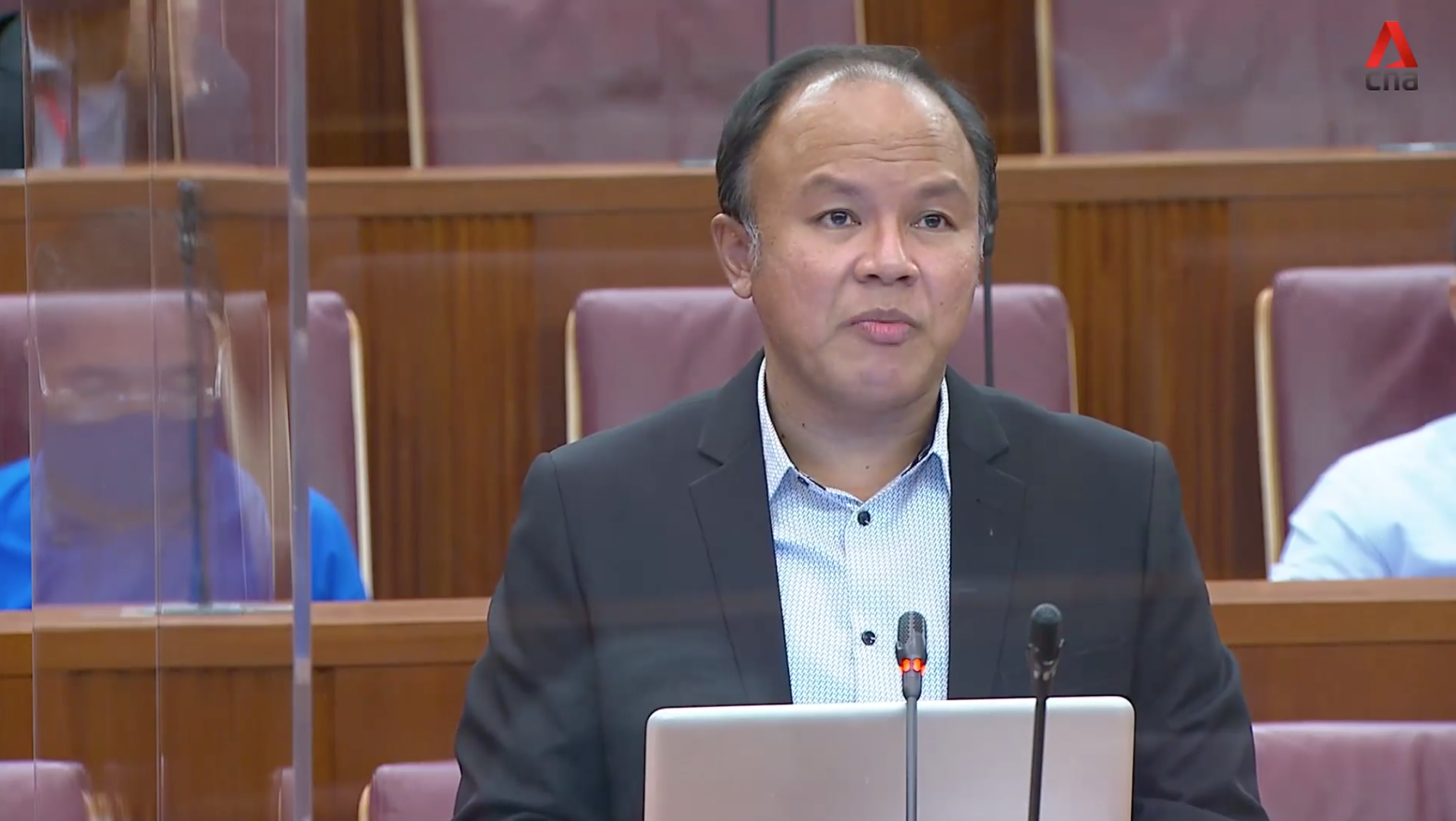In a recent incident that rekindles debates around the fair treatment of non-People’s Action Party (PAP) MPs, Louis Chua Kheng Wee, Workers’ Party Member of Parliament (MP) for Sengkang GRC, was not invited to a local Housing and Development Board (HDB) event in the ward he represents.
The MyNiceHome Roadshow, held at Rivervale Community Centre, is an initiative designed to assist new homeowners as they transition into Build-To-Order (BTO) projects. It provides renovation tips, home maintenance advice, and opportunities for neighbours to meet and connect. This initiative, launched in September 2016 by HDB, also familiarizes new homeowners with the amenities and facilities in their new estates.
On 4 June, Mr Chua expressed his surprise on Facebook at not being invited to the event. He stated, “As neither a PA-appointed grassroots adviser nor a grassroots leader, I don’t think I received an invitation from the HDB.” Despite this oversight, Mr Chua attended the event as a community member and noted that he had the “great pleasure of connecting informally with many excited residents.”
Interestingly, certain PAP figures, who aren’t currently elected MPs, were present and actively involved in the event.
This included Dr Lam Pin Min, who, despite losing to the Workers’ Party team in GE2020 as a candidate for the PAP team, still serves as a Grassroots Advisor for Sengkang West.
Dr Lam took to Facebook on 3 June, expressing his delight in welcoming new residents at the roadshow alongside fellow Grassroots Adviser Mr Goh Yeow Tin for Sengkang East. His post highlighted the presence of the Senior Minister of State for National Development of Singapore, Mr Tan Kiat How, who officially opened the event, and the abundance of new amenities the Rivervale Shores precinct has to offer.
In a further twist, Mr Ling Weihong, PAP’s Sengkang East Branch Chairman—who, notably, is not an appointed grassroots advisor for Seng Kang GRC—also attended the event.
Mr Ling later shared a photo on June 6th of himself meeting Mr Chua at the roadshow. In his Facebook post, Ling acknowledged Mr Chua’s presence and described the roadshow as a result of “months of planning and numerous meetings between our grassroots leaders, Housing & Development Board and other community partners.”
These events aren’t isolated incidents in Sengkang GRC. Earlier in February, Ms Theodora Lai, the chairperson of the PAP Sengkang North branch, attended the Edusave Awards at the Sengkang Community Club on 19 February alongside Dr Tan Kia King, Adviser to Sengkang North Grassroots Organisations (GROs).
This attendance is notable because elected WP MPs have not been appointed as advisers to the PA GROs in the same way that PAP MPs— even those who are unelected— have in other constituencies. As a result, they are not permitted to attend events like the Edusave Awards ceremony.
Ms Lai’s presence at the Edusave Awards ceremony raises questions about apparent double standards, even if she was not there to present the awards, given that elected WP MPs are not even allowed to be present at the Edusave Awards ceremonies.
Such incidents underscore the challenges non-PAP elected MPs face in participating in community engagement activities and accessing crucial resources for community improvement. This includes the Community Improvement Projects Committee (CIPC) funds, a significant government grant intended to enhance local facilities such as covered walkways, footpaths, and cycling tracks.
Earlier in April, Ms He Ting Ru, a fellow Workers’ Party MP at Seng Kang GRC, posed a parliamentary question to PAP Minister Mr Edwin Tong about the regulations governing interactions between grassroots organizations, the People’s Association (PA), and Government agency outreach efforts.
Mr Tong, the Minister for Culture, Community and Youth, affirmed that the PA does not conduct any activity with any political party, nor does it allow its venues to be used for partisan purposes.
The exclusion of Mr Chua from the official invitees to the MyNiceHome Roadshow, juxtaposed with the presence of unelected PAP members, raises questions about the clear distinction between government and party activities, as emphasized by Minister Tong.
Despite these “unexpected” developments, Mr Chua reassured his constituents that he remains dedicated and “always available” for them.







